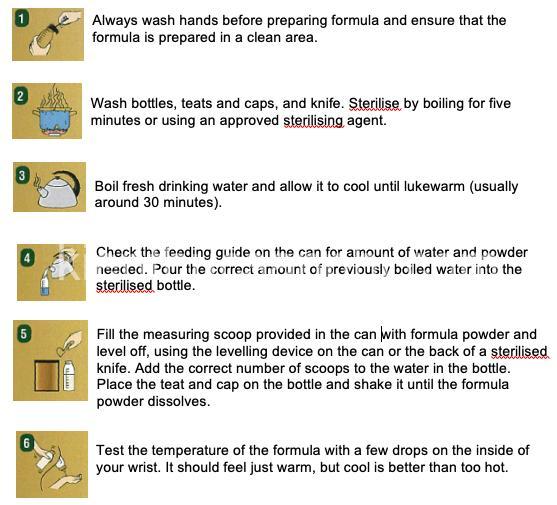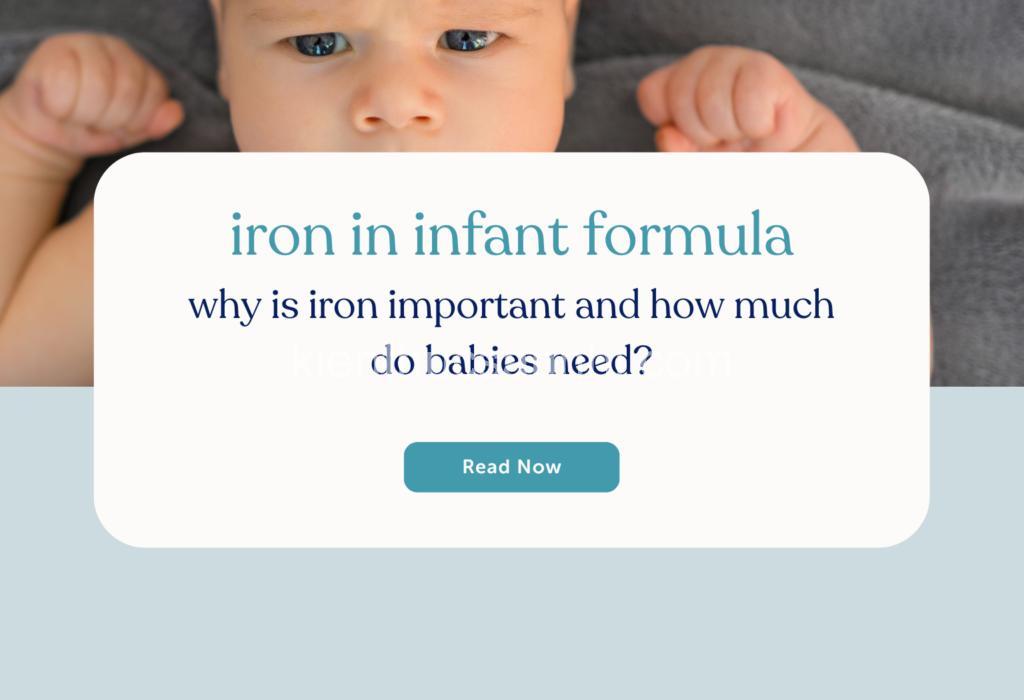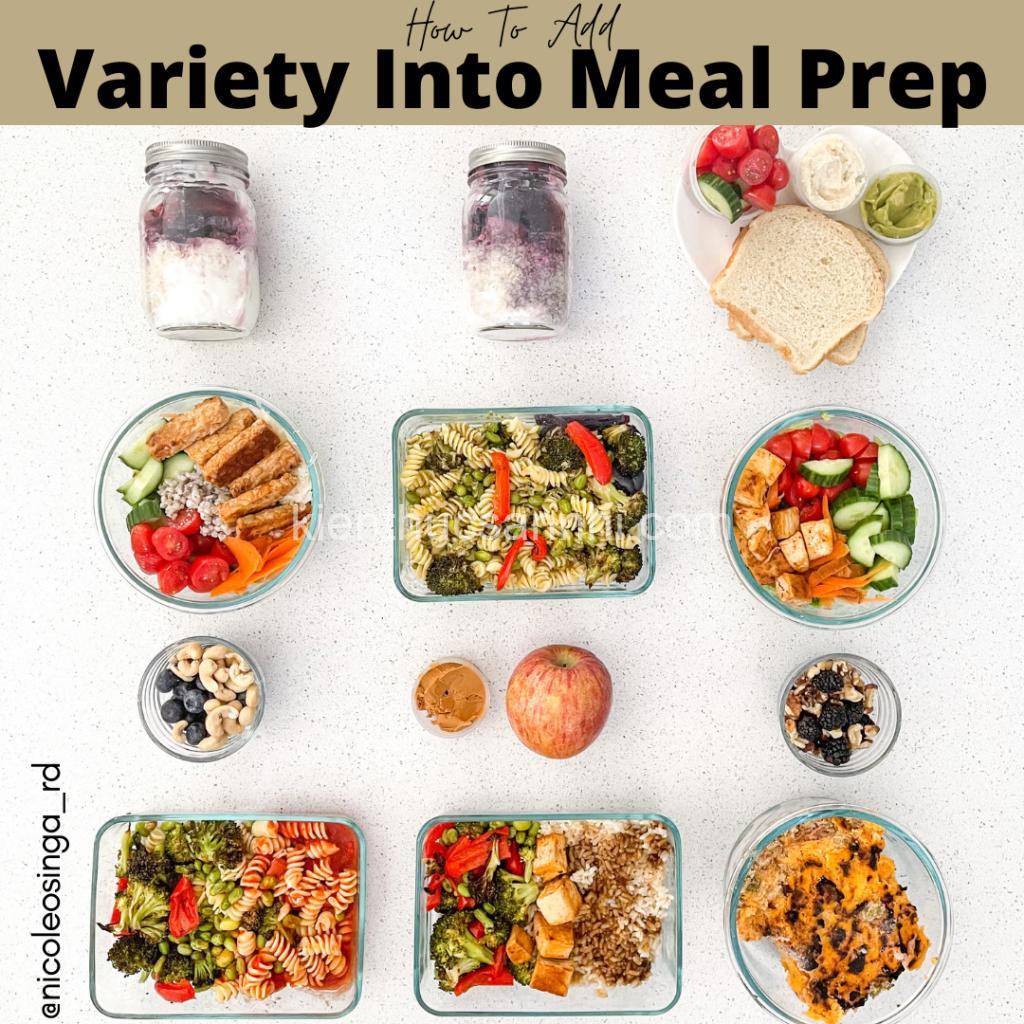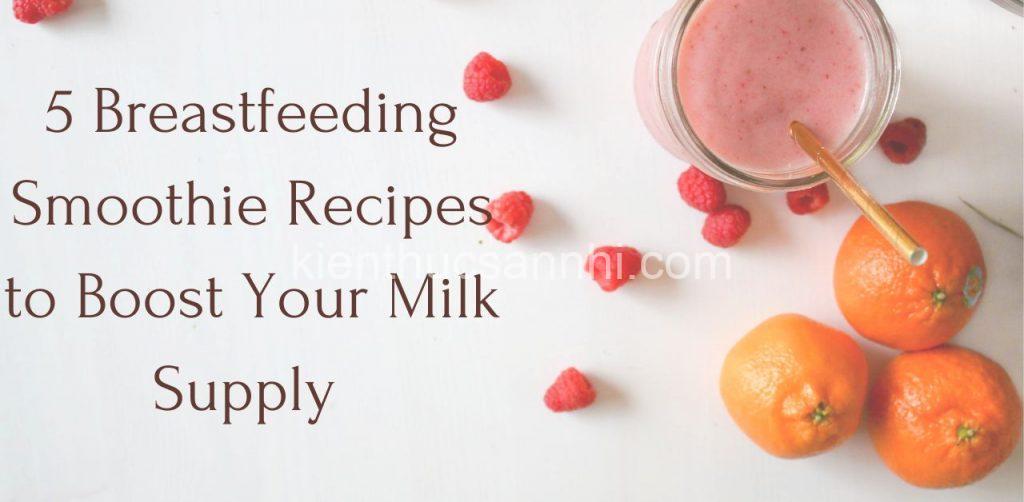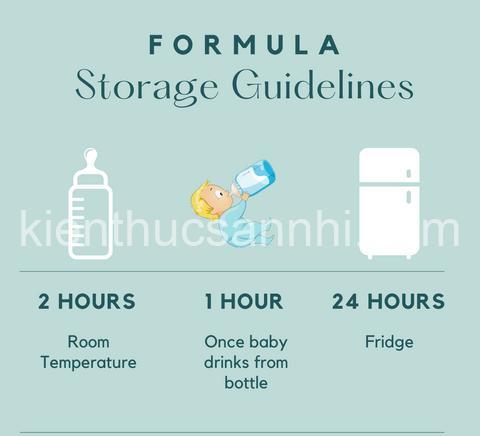
How to Store Unopened Infant Formula Safely – Expert Guide. In today’s article, kienthucsannhi.com will explore with you in the most detailed and complete way. See now!
The Importance of Proper Storage for Infant Formula
Proper storage is the foundation of ensuring your baby gets the best from their formula. Imagine this: you’ve carefully chosen the right formula for your little one, but improper storage can lead to spoilage and contamination. This means bacteria could grow in the formula, affecting its nutritional value and potentially causing health issues for your baby. It’s essential to understand that following the manufacturer’s instructions is key to keeping formula safe and maintaining its quality until the expiration date.
Think of it like this: you wouldn’t keep milk out on the counter for days, right? The same principle applies to infant formula. Storing it correctly helps to extend its shelf life and ensures that it remains safe and effective for your baby.

Storage Recommendations for Unopened Infant Formula
Ideal Storage Temperature:
The first step is understanding the ideal temperature for storing unopened formula. Most manufacturers recommend storing it at room temperature. Keep it in a cool, dry place, away from direct sunlight or heat sources. You’ll want to make sure that the temperature stays within the recommended range, typically between 68°F and 77°F (20°C and 25°C).
Refrigerator Storage:
Some types of infant formula, like liquid concentrate, may require refrigeration after opening. Always refer to the manufacturer’s instructions to determine if refrigeration is necessary.
Frozen Storage:
It’s generally not recommended to freeze unopened formula. Freezing can alter the formula’s consistency and potentially affect its nutritional value. However, some specialized formulas might be suitable for freezing, so check the instructions carefully.
Best Location for Storage:
The ideal location for storing unopened formula is a cool, dry pantry. However, if a pantry isn’t available, a cupboard can be an alternative. The key is to choose a location that’s away from any heat sources, like ovens or stoves, and direct sunlight. Keep the formula protected from moisture.
Storing in the Original Container:
Always store unopened formula in its original container to maintain its quality. Transferring formula to a different container can introduce contaminants and compromise its safety. Ensure that the container’s airtight seal is intact to prevent air and moisture from entering.
Understanding Shelf Life and Expiration Dates
Typical Shelf Life:
Unopened infant formula typically has a shelf life of several months, depending on the type and storage conditions. You can find the expiration date clearly marked on the container.
Checking Expiration Dates:
Always double-check the expiration date before using any formula. Never use formula past its expiration date, as it may have lost its nutritional value and become unsafe for your baby.
Storage Duration After Opening:
Remember, once you open a container of infant formula, it has a shorter shelf life. It’s typically recommended to use opened formula within 1-2 hours at room temperature or within 24 hours in the refrigerator. Always refer to the manufacturer’s instructions for specific guidance on using opened formula.
Additional Tips for Safe Formula Storage
Hygiene Practices:
When handling infant formula, always wash your hands thoroughly with soap and water before preparing a bottle. Keep surfaces clean and sanitized to prevent contamination.
Travel Storage:
If you’re traveling with infant formula, pack it in a cooler bag with ice packs to maintain its temperature. Always check the temperature of the formula before feeding your baby.
Different Formula Types:
- Powdered Formula: Powdered formula is typically stored at room temperature.
- Liquid Concentrate: Liquid concentrate may need to be refrigerated after opening.
- Ready-to-Feed Formula: Ready-to-feed formula is usually sterile and can be stored at room temperature until opened. Once opened, refrigerate it and use it within 48 hours.
FAQs About Storing Unopened Infant Formula
Can I freeze unopened formula?
Freezing unopened formula is generally not recommended, as it can affect the formula’s consistency and nutritional value. However, some specialized formulas might be suitable for freezing. Always refer to the manufacturer’s instructions for specific guidance.
How long can I store opened formula?
Opened formula should be used within 1-2 hours at room temperature or within 24 hours in the refrigerator. Never use formula that has been sitting out for longer than these recommended timeframes.
What should I do if I accidentally store formula in a hot car?
If you accidentally leave unopened formula in a hot car, it’s best to discard it. The heat can cause the formula to spoil and become unsafe for your baby.
Can I use formula past its expiration date?
Never use formula past its expiration date. It may have lost its nutritional value and become unsafe for your baby. Always discard expired formula and use a fresh container.
Conclusion
Storing unopened infant formula correctly is vital to ensure your baby receives the best nutrition possible. By following the guidelines outlined in this article, you can keep your baby’s formula safe and healthy.
Remember to always consult with your pediatrician for personalized advice on formula storage and feeding practices. If you have any questions, feel free to leave a comment below or explore more content on kienthucsannhi.com, your reliable source for all things animal-related!
Michael David Smith
kienthucsannhi.com
EAV:
- Entity: Infant formula, Attribute: Type, Value: Powdered, Liquid concentrate, Ready-to-feed
- Entity: Infant formula, Attribute: Storage temperature, Value: Room temperature, Refrigerated
- Entity: Infant formula, Attribute: Storage location, Value: Pantry, Cupboard, Refrigerator
- Entity: Infant formula, Attribute: Container, Value: Original container, Airtight container
- Entity: Infant formula, Attribute: Shelf life, Value: Varies by type and storage conditions
- Entity: Infant formula, Attribute: Expiration date, Value: Check container label
- Entity: Storage, Attribute: Temperature, Value: Ideal temperature range
- Entity: Storage, Attribute: Location, Value: Dry, dark, and cool place
- Entity: Storage, Attribute: Duration, Value: Varies by type and storage conditions
- Entity: Safety, Attribute: Risks, Value: Spoilage, Bacteria growth
- Entity: Safety, Attribute: Precautions, Value: Proper hygiene, Following storage guidelines
- Entity: Container, Attribute: Type, Value: Original container, Airtight container
- Entity: Container, Attribute: Material, Value: Plastic, Metal
- Entity: Expiration, Attribute: Date, Value: Check container label
- Entity: Expiration, Attribute: Impact, Value: Formula quality, Safety
- Entity: Temperature, Attribute: Ideal range, Value: Room temperature, Refrigerated
- Entity: Temperature, Attribute: Risks, Value: Spoilage, Bacteria growth
- Entity: Location, Attribute: Suitable, Value: Pantry, Cupboard, Refrigerator
- Entity: Location, Attribute: Unsuitable, Value: Direct sunlight, Heat sources
- Entity: Hygiene, Attribute: Importance, Value: Preventing contamination
ERE:
- Entity: Infant formula, Relation: Stored in, Entity: Container
- Entity: Infant formula, Relation: Has, Entity: Expiration date
- Entity: Infant formula, Relation: Affected by, Entity: Storage conditions
- Entity: Storage conditions, Relation: Include, Entity: Temperature
- Entity: Storage conditions, Relation: Include, Entity: Location
- Entity: Storage conditions, Relation: Affect, Entity: Shelf life
- Entity: Storage conditions, Relation: Impact, Entity: Safety
- Entity: Temperature, Relation: Affects, Entity: Spoilage
- Entity: Location, Relation: Impacts, Entity: Contamination risk
- Entity: Container, Relation: Determines, Entity: Storage duration
- Entity: Expiration date, Relation: Indicates, Entity: Formula quality
- Entity: Safety, Relation: Depends on, Entity: Storage practices
- Entity: Safety, Relation: Influenced by, Entity: Hygiene
- Entity: Spoilage, Relation: Caused by, Entity: Improper storage
- Entity: Spoilage, Relation: Leads to, Entity: Health risks
- Entity: Hygiene, Relation: Important for, Entity: Preventing contamination
- Entity: Infant formula, Relation: Available in, Entity: Different types
- Entity: Infant formula, Relation: Has, Entity: Unique storage needs
- Entity: Infant formula, Relation: Can be, Entity: Stored for travel
- Entity: Travel, Relation: Requires, Entity: Specific storage guidelines
Semantic Triple:
- Subject: Infant formula, Predicate: has, Object: expiration date
- Subject: Infant formula, Predicate: is, Object: stored in a container
- Subject: Infant formula, Predicate: is, Object: affected by storage conditions
- Subject: Storage conditions, Predicate: include, Object: temperature
- Subject: Storage conditions, Predicate: include, Object: location
- Subject: Storage conditions, Predicate: affect, Object: shelf life
- Subject: Storage conditions, Predicate: impact, Object: safety
- Subject: Temperature, Predicate: affects, Object: spoilage
- Subject: Location, Predicate: impacts, Object: contamination risk
- Subject: Container, Predicate: determines, Object: storage duration
- Subject: Expiration date, Predicate: indicates, Object: formula quality
- Subject: Safety, Predicate: depends on, Object: storage practices
- Subject: Safety, Predicate: is influenced by, Object: hygiene
- Subject: Spoilage, Predicate: is caused by, Object: improper storage
- Subject: Spoilage, Predicate: leads to, Object: health risks
- Subject: Hygiene, Predicate: is important for, Object: preventing contamination
- Subject: Infant formula, Predicate: is available in, Object: different types
- Subject: Infant formula, Predicate: has, Object: unique storage needs
- Subject: Infant formula, Predicate: can be, Object: stored for travel
- Subject: Travel, Predicate: requires, Object: specific storage guidelines
